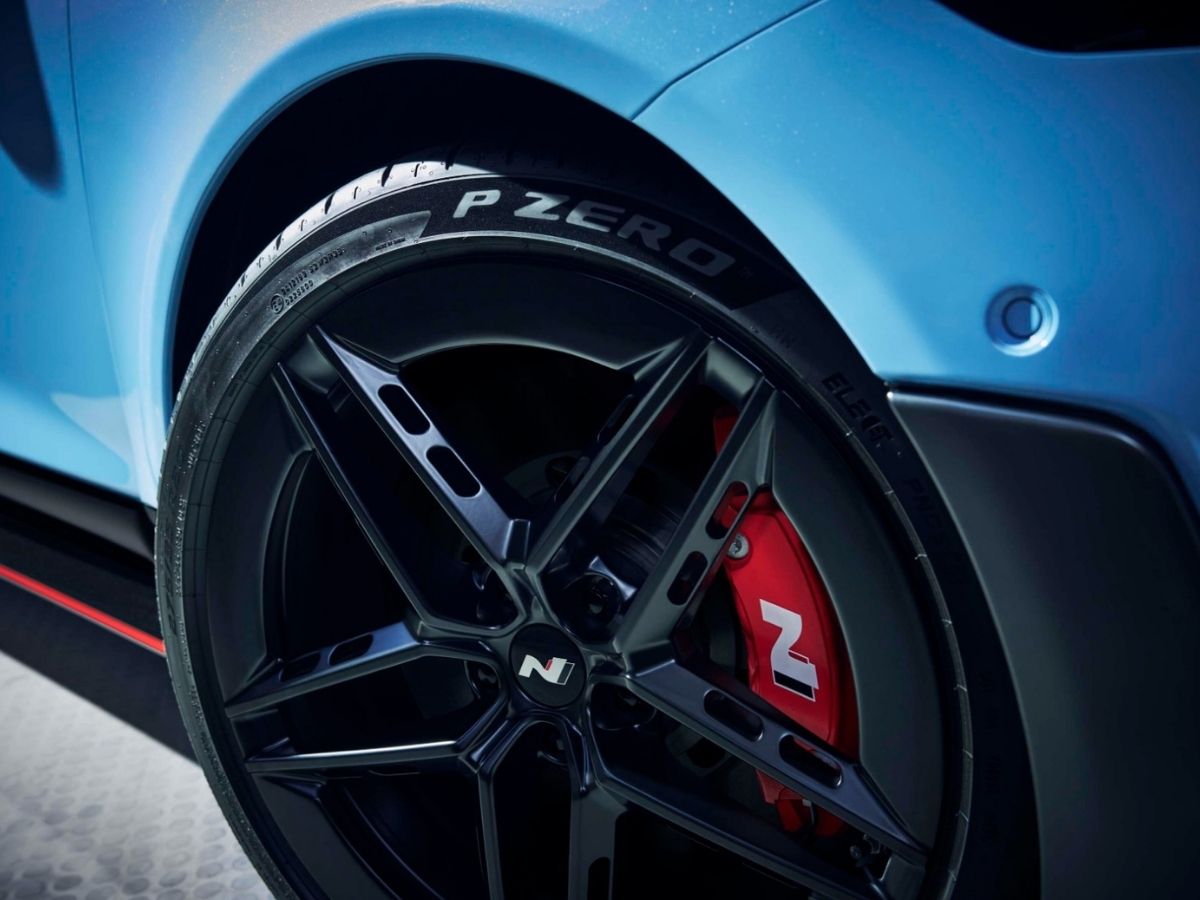
Being invited to an out-of-country drive or product immersion is one of the highest privileges in motoring journalism. It’s not a vacation, not a sponsored holiday, and definitely not a free shopping trip. These are professional assignments meant to immerse us in a brand’s engineering, culture, and technology.
But lately, some of the unwritten rules that once defined professionalism in this industry have been getting ignored — not just by first-timers, but also by some veterans who should already know better.
Being on time isn’t optional
When the itinerary says assembly at 8:00 AM, that means you’re already there — not just heading down from your room or finishing breakfast. Out-of-country media events run on strict schedules. Every transfer, activity, and briefing is approved and timed to the minute. When someone is late, the entire delegation gets delayed, and it’s the handlers who take the blame from their principals.
Respect the program
Every item on the schedule — from product briefings and factory tours to welcome dinners — is part of the story. Skipping these because you’d rather explore the city, sleep in, or shop sends the wrong message. These events were carefully arranged to give you the full experience of what you’re supposed to write or post about. When you skip them, you’re not only disrespecting your hosts but also the colleagues covering alongside you.
Uniforms are not suggestions
Those shirts and jackets provided by the carmaker are not souvenirs. They’re part of the event branding — a way for the group to look uniform and identifiable in photos and videos. Refusing to wear them because “it’s not your style” or “it’s too tight” — even if it fits — shows entitlement, not individuality. Remember, you’re part of a delegation representing the Philippines. Look the part.

Hierarchy matters
There’s always that one participant who insists on riding with a company executive instead of taking the assigned shuttle with everyone else. That’s not confidence — that’s arrogance. There’s a system in place for a reason. Media ride together; executives have their own cars and schedules. Respect that.
Handlers must handle
Of course, media handlers and agencies have responsibilities too. They’re not guests — they’re the crew. Their job starts way before takeoff: screening invitees properly and being familiar with them. Nothing looks more unprofessional than a handler asking, “Who are you?” to a journalist or KOL at the airport check-in counter.
Handlers must also stay alert during the trip. They should ensure everyone’s accounted for before boarding buses or sitting down for meals. They should be the last to eat, not the first. And when schedules change — which often happens abroad — don’t just drop a message in the group chat and hope everyone sees it. Not all participants have constant data access. Call or personally inform each one. That’s part of the job.

Don’t impose on your hosts
One more thing that often gets overlooked: guests should never impose on their hosts. Asking brand representatives or local PR staff to help you find or buy a particular item — whether it’s a gadget, watch, or collectible — puts them in an awkward spot. Some feel pressured to accommodate you, fearing it might reflect poorly if they don’t. That’s unfair. They’re there to handle logistics, not personal errands. If you want to shop, do it on your own time and expense.
We represent more than ourselves
When you attend an international event, you’re not just representing your outlet, vlog, or social media page — you’re representing the Philippines. Your behavior becomes a reflection of the entire motoring media community. The respect our industry has earned globally was built over years by people who showed discipline, humility, and respect.
So before you pack your bags for that next overseas drive, remember the basics: be on time, respect the program, wear the uniform, know your place, don’t impose on your hosts, and if you’re a handler — handle your people well.
Because long after the engines cool and the social media posts fade, what truly matters is how you carried yourself — both on the road and off it.





